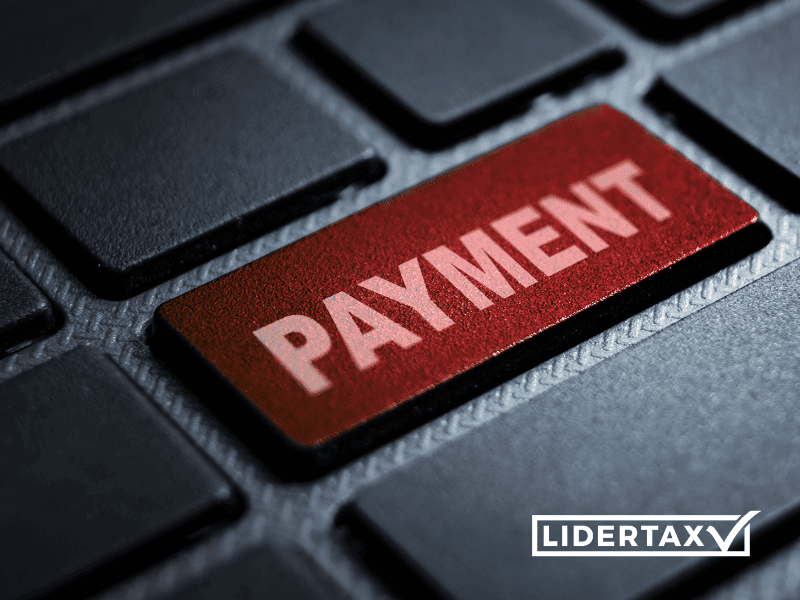
Have you heard about the new late payment fines that have been implemented as part of tax regulations? Late payment penalties can be incredibly frustrating; in fact, for many people, they’re a major source of stress. Still, knowing what you’re dealing with can help, and we’ve outlined some key things you should now today. Hopefully, this will help you understand more about the new regulation.
The New Late Payment Regulation and Penalties You Need to Know
No one likes to think about late payment penalties too much when it comes to taxes. Unfortunately, though, failing to consider these could leave you in a tricky situation. As such, considering the changes now – while they’re still in their draft regulation stage – could help prepare you.
The new tax penalty system is designed to address one particular point: when second penalties are incurred. Notably, when you fail to pay tax owed within fifteen days after being due, you’ll incur a first penalty. This is charged at a rate of 2% of the outstanding tax. The second penalty is then charged at a rate of 4% and comes into effect from 30 days.
However, there is a loophole here that many businesses have used to avoid paying tax. Indeed, poor wording in the existing regulations meant that, after a two year window, the second penalty would be avoided. In other words, businesses would simply escape the penalty by delaying their tax payment for two years.
When Will the New Regulations Come Into Effect
The new late payment penalty system is currently still in a draft stage. As such, it’s anticipated that this will not come into effect until April 2026. However, these will be applicable from April 2024 for those who have signed up for the Making Tax Digital for Income Tax Self-Assessment (MTD ITSA) trial. This trial was voluntary. It’s potentially worth discussing this with your accountant if you’re concerned about the risk of late payment penalties.
What if I Pay On Time?
Naturally, late payment penalties are only applied on tax payments received late. As such, if you do manage to pay your tax bill on time, you shouldn’t be at risk of any late payment penalties. However, if you have outstanding late tax payment penalties, you should contact your accountant to discuss the most appropriate strategy. They should be able to help you find the most appropriate solutions for your firm.
Final Thoughts
If you have been looking to find out more about the newly introduced late payment penalties and what these mean for your business, our experts here at Lidertax can help. Contact us today to find out more. We’ll be here to help with any questions or queries regarding the new rules you might have.


